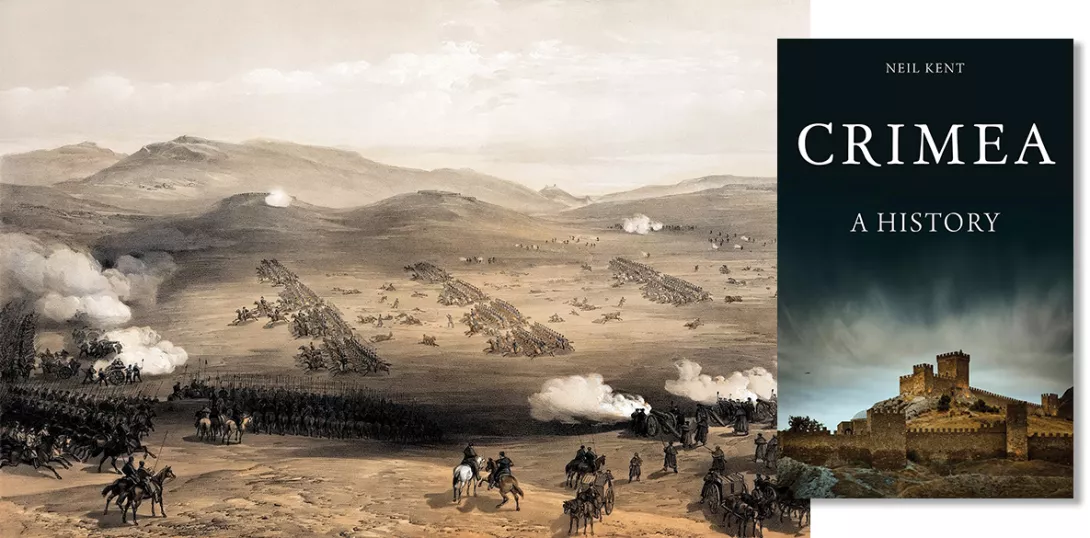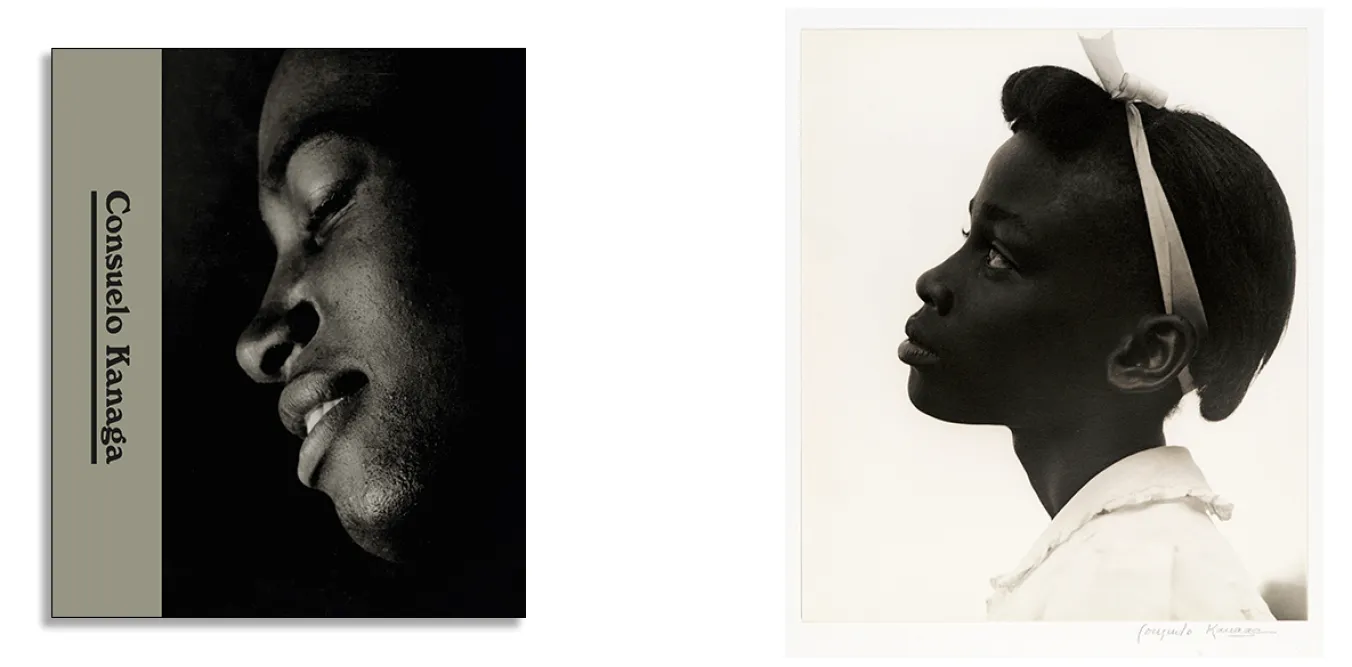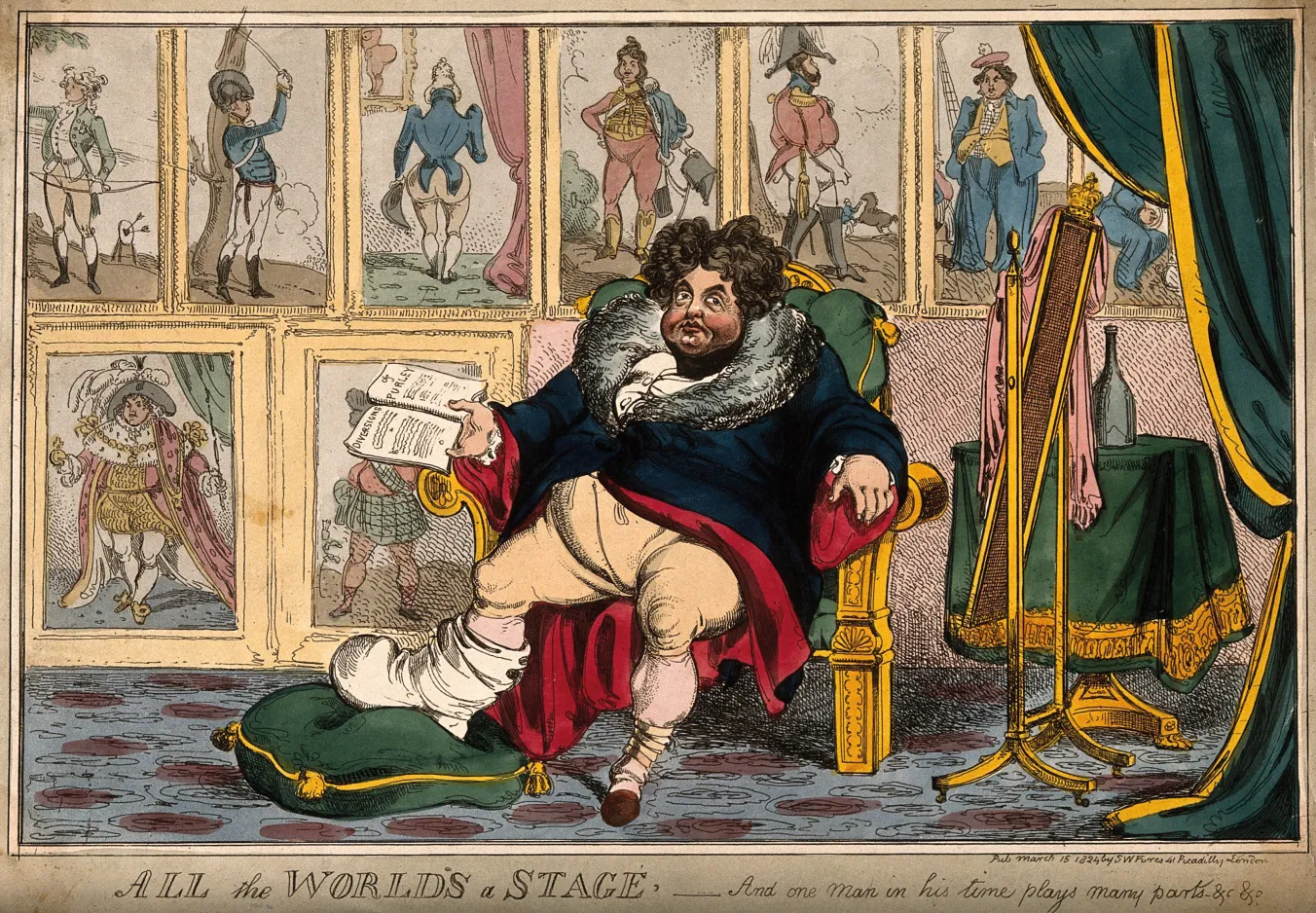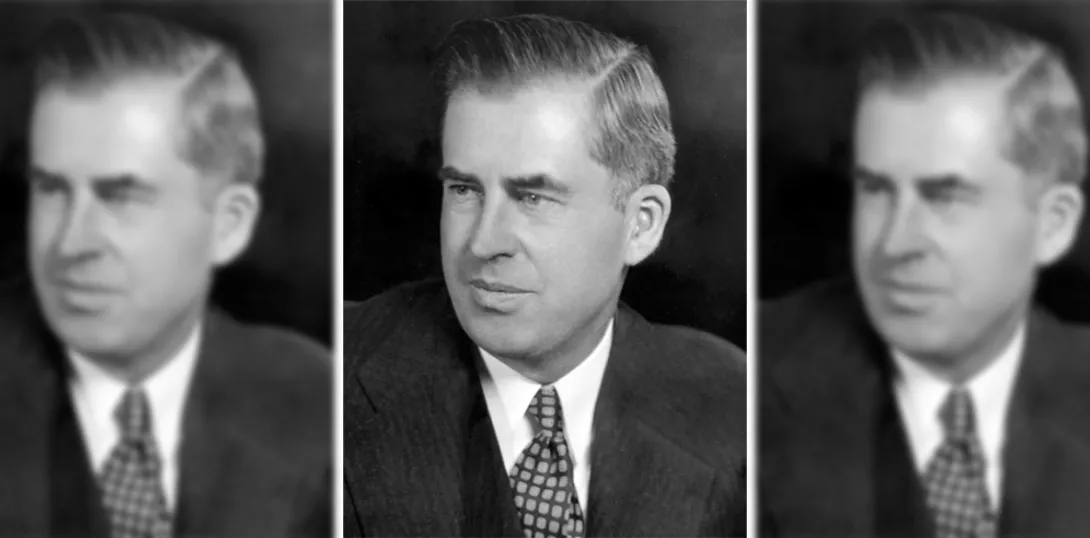
The Years of Lyndon Johnson, vol 4: The passage of Power
Robert A Caro, The Bodley Head, £30
WHO wants to read a biography of Lyndon Johnson?
His presidency of the US from 1963-69 was hardly a memorable one. But this is not so much a book about a bland US president but a meticulous dissection of political and economic structures in the US. It is also a riveting read by one of the modern masters of historical writing.
Johnson lacked charisma or glamour, and his legacy is associated more with a ruthless prosecution of the Vietnam war than the few progressive reforms he introduced during his tenure. After visiting Vietnam in 1961, as Kennedy’s vice-president, he played a key role in launching the full might of the US military. It became a war that would cost hundreds of thousands of Vietnamese and 58,000 US lives.
After working as an investigative reporter, Robert Caro devoted himself to biographical writing. He has written four of his planned five volumes of The Years of Lyndon Johnson. For his biographies, among other awards, he has won two Pulitzer Prizes and has been described as “the most influential biographer of the last century” and has a well-deserved reputation for exhaustive research and detail.
Caro began writing this biography in 1975 and is today in the process of completing volume 5.
Lyndon Baines Johnson was born in 1908 into a Texas family reduced to poverty by the Wall Street Crash of 1929 and the great depression that followed. Already in childhood he had declared his intention to one day become president of the USA and set about that task with an obsessional and ruthless fixation. He was not a particularly bright student, attending a small teachers’ training college and then teaching for a short while before embarking on his political career.
His big break came in 1937 when he stood and won a congressional election by campaigning forcefully on a pro-Roosevelt ticket. In the poverty-stricken region of Texas where he stood, Roosevelt was highly popular as a result of his New Deal and Public Works Administration policies which had helped thousands of poor and unemployed people to survive and find jobs.
Although viewed by many as a dyed-in-the-wool New Dealer, Johnson’s only adherence to any principle or policy was in fact to his own career advancement. He soon realised that he could only make headway on the political scene by courting the powerful business interests in Texas who, in their majority, hated Roosevelt and his “communistic” policies.
This is ironic because many of these same businessmen became filthy rich as a result of the enormous government investment unleashed by Roosevelt in order to bring the economy back on course and create jobs. Many became multimillionaires on the back of lucrative government contracts to construct dams, military bases, schools and other public buildings, in which politicians like Johnson were the key brokers.
Johnson was a great dissembler and certainly an effective networker, and could present himself as all things to all men. Over time, he managed to wheedle his way into Roosevelt’s inner circle and was seen by the latter as a principled progressive. But to Johnson’s business backers he was the man who could win them lucrative contracts and seen as a man of the conservative right. He was not averse to concluding shady deals with his backers and small-time gangsters, even to the extent of actually buying votes with cash and employing dirty tricks to defeat his opponents.
Caro has carried out meticulous research into the webs of collusion, corruption and political chicanery involved in Johnson’s rise to supreme power. And for Johnson, read most other US career politicians.
He reveals the incredible and blatant machinations and bitter warring that takes place to ensure that the country’s political representatives are and remain the tools of big capitalist interests. If anyone out there still believes in the mantra of “American Democracy,” this book will tear away those veils of illusion.
Caro vividly demonstrates that virtually no-one will ever make it into the top echelons of the US political elite without the backing of big money. And, in addition, the system is largely based on a strict age hierarchy. Once elected to Congress or the Senate, members invariably remain there as long as they are not exposed by scandal, until they die in office.
It is therefore very difficult, as Johnson found, for young politicians to rise in the hierarchy or challenge the mainstream political narrative.

















